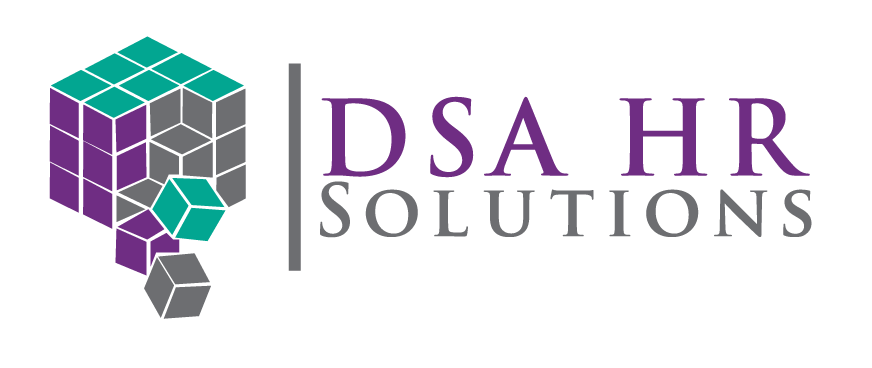Common Wage and Hour Mistakes + How To Avoid Them

Paying your employees sounds easy, right? They clock in their time and you pay them for it. But it’s not as easy as it seems. In fact, it can be easy to slip up in this area if you’re not knowledgeable. Even the smallest mistakes matter and can be very costly. It can lead you to legal disputes, fines, and harm to your business.
In the fiscal year 2024, the U.S.
Department of Labor’s Wage and Hour Division (WHD) recovered over $274 million in back wages and damages for more than 163,000 workers.
Here are some common pitfalls you might encounter along the way, with some tips to steer clear of them. Protect your business and make sure your team is happy and fairly compensated!
1. Misclassifying your employees
It is very common for businesses to misclassify employees as exempt from overtime. Exempt employees are not eligible for overtime pay. On the other hand, non-exempt employees should be compensated for any of their hours worked over 40 in a week. Misclassifying an employee as exempt when they should be receiving overtime pay will result you in back pay, lawsuits, and even penalties.
The first thing to do is learn the criteria set by the
Fair Labor Standards Act (FLSA) for exempt and non-exempt employees. From here, you should be able to know if the employee at hand is exempt or not. You should also regularly review their roles and make sure they are currently correctly classified.
2. Not paying overtime
Under the Fair Labor Standards Act (FLSA), non-exempt employees must be compensated for any hours worked over 40 in a week at a rate of at least 1.5 times their regular hourly rate. If your business works in another state, make sure that you read up on their specific overtime rules, if any, which may be even stricter than federal regulations.
Ensure that your employees work times are also accurately tracked by having reliable time-tracking systems in place to record all hours worked.
3. Inaccurate time tracking
Not tracking employee time adequately will lead your HR department to a lot of unpaid wages, employee complaints, penalties, and overall payroll problems. To mitigate this, use a timekeeping software that all employees can easily access. Make sure to use one that fits your industry and line of business seamlessly.
Employees should be regularly trained, with standard processes in place on how to record their time accurately.
4. Improper deductions from wages
Salary or payroll deductions must be handled with professionalism, care, and precision. Improper deductions—whether intentional or accidental—can result in litigation.
Employers can sometimes mistakenly believe that they can rightfully make deductions for uniforms, office tools, and more, without understanding legal limits. However, this can violate wage laws.
To ensure compliance, establish clear deduction policies. Employees should be made aware of these during onboarding (and throughout their employment). These should specifically state which deductions are legally allowed (e.g., for benefits, taxes, or garnishments) and explicitly prohibit any unauthorized deductions. Written consents to these deductions are also a must. This applies to voluntary deductions like health insurance premiums, retirement contributions, or repayment of loans.
5. Ignoring meal and rest break requirements
When operations get busy, employers may unintentionally violate these by not providing adequate break times, failing to track break times correctly, or not allowing employees to take their breaks at all. Businesses should always honor meal and rest break laws.
Many states have strict requirements regarding meal and rest breaks. For instance,
California non-exempt employees are entitled to a 30-minute unpaid meal break if they work more than five hours in a day. They must also receive a 10-minute paid rest break for every four hours worked. Familiarize yourself with state-specific requirements for compliance.
6. Misunderstanding Independent Contractor status
Salary or payroll deductions must be handled with professionalism, care, and precision. Improper deductions—whether intentional or accidental—can result in litigation.
Employers can sometimes mistakenly believe that they can rightfully make deductions for uniforms, office tools, and more, without understanding legal limits. However, this can violate wage laws.
To ensure compliance, establish clear deduction policies. Employees should be made aware of these during onboarding (and throughout their employment). These should specifically state which deductions are legally allowed (e.g., for benefits, taxes, or garnishments) and explicitly prohibit any unauthorized deductions. Written consents to these deductions are also a must. This applies to voluntary deductions like health insurance premiums, retirement contributions, or repayment of loans.
The Bottomline
Properly managing wage and hour practices is extremely important for the legal compliance of your business. Protect your business from unnecessary legal exposure and cultivate a fair workplace. Regular consultation with HR experts and legal advisors will also help keep your business aligned with the latest laws and best practices.
Skip The HR Guesswork and Stay Compliant
Is your business ready to streamline HR processes, improve employee satisfaction, and ensure compliance with regulations? At DSA HR Solutions, Inc., we provide tailored HR services tailored to meet the needs of the Bay Area and beyond. From recruitment and payroll management to safety training and HR compliance, we’ve got you covered.
Whether you need on-site support or 100% virtual solutions, our team of HR experts can help you manage your workforce efficiently while saving you time and money. Contact us today at
(707) 361-5385 to schedule a consultation and discover how DSA HR Solutions can help you build a stronger, more effective HR strategy for your business!
Author
We are a team of certified
HR experts based out of the San Francisco
Bay Area that provides
HR consulting services to businesses nationwide.





